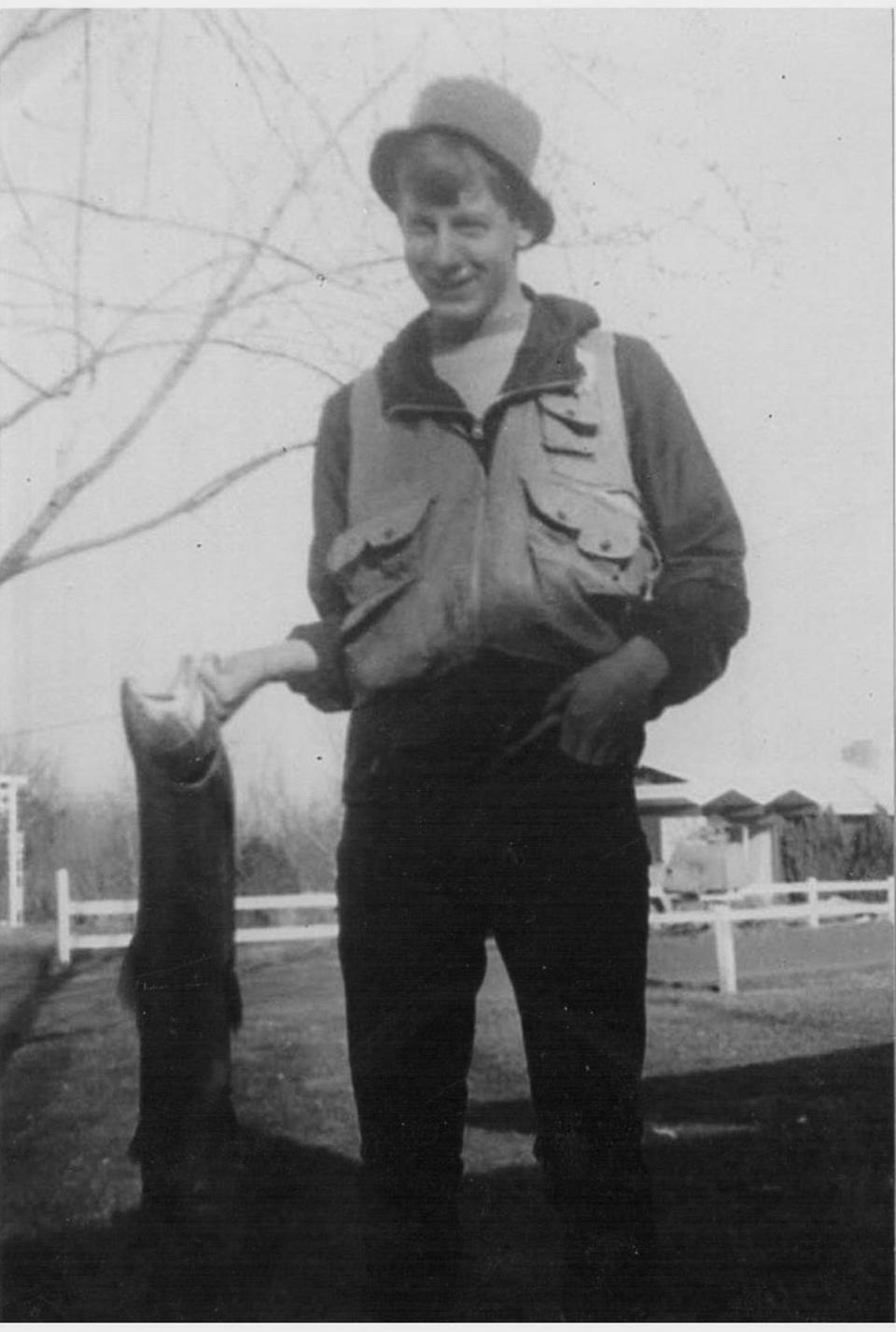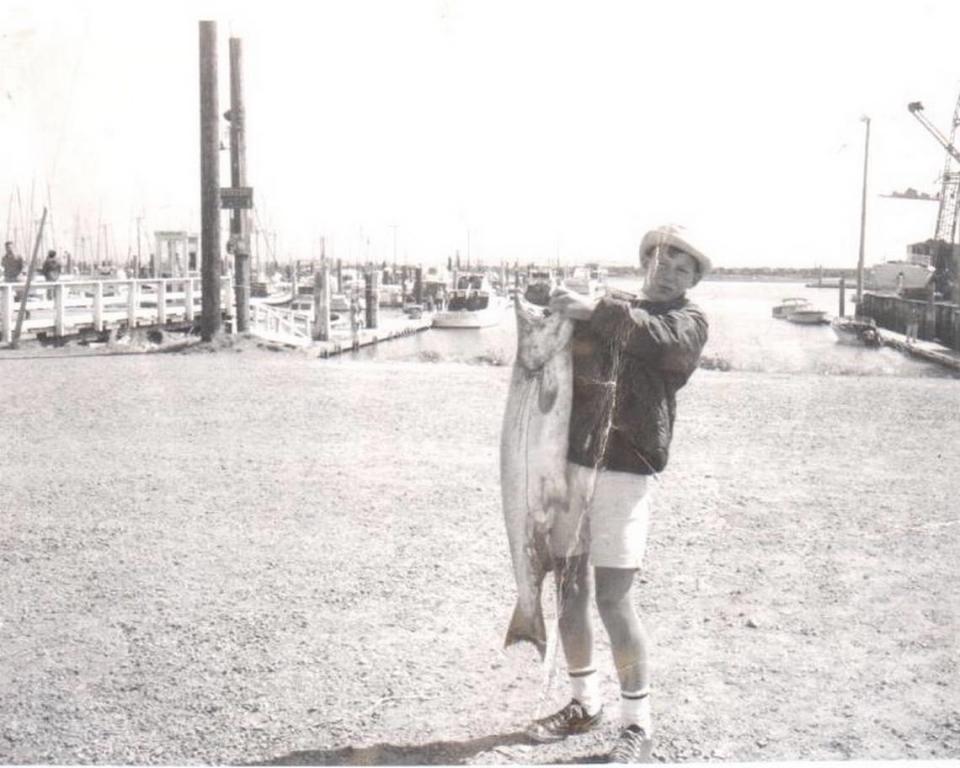Outdoors | What’s memory got to do with fishing?
My wife says I remember every fish I have caught and she is mostly correct. What she left out is I also remember every fish I have hooked and lost. Some things stick with you.
“River, nation, finger.” The pleasant physician’s assistant says quietly after she removes the blood pressure cuff from my right arm. She then tells me to stand up and touch the doorknob to reinforce for the last word in the triage.
An earlier checkup also involved also a string of three words. When I was asked to repeat them at the end of the exam, I said, “Beats me. You didn’t tell me I had to remember those words.”
I ascribed my failure to having to fill out a lengthy depression and anxiety questionnaire. When it comes to scoring my feelings, I want to make sure I get it right.
What little fertile space that remains in my memory bank is saved for things deemed important. For example, when smallmouth bass first show in the lower Yakima, that sockeye prefer copper Mexican hat spinner blades and submerged boulders attract steelhead.

A fishing buddy reminds how I once forgot my fly reel and had to watch him cast for stocker trout. On another occasion, I hauled my float tube to Lenice Lake only to find out I had left my stocking foot waders at home. As a concession to my cognitive impairment, one concerned friend e-mails me a list of required items before we head out for a day on the water.
In 1956, George Miller of Harvard published a paper in Psychological Review, titled “The Magical Number Seven, Plus or Minus Two. Some Limits on Our Capacity for Processing Information.”
Miller conducted a series of experiments that determined people could handle between five and nine pieces of information, seven being the mean. Imagine a fast-talking person who rattles off the 10-digit phone number. You make a quick mental note only to realize a minute later that you have forgotten the number.
As for remembering people’s names, the need for universal name tags is beginning to make sense to me.
Back in the doctor’s office again, I study posters of the human anatomy and wait for a knock on the door. An attractive PA enters and asks, “Do you mind if I take your blood pressure?”
“Sure.” I reply. “No need for me to be difficult this early in our relationship.”
“I have three words for you to remember,” she says, as she wraps the sleeve around my left arm and pumps it up. “Sunrise, kitchen, baby.”
I mull those three words over in my mind while I watch the numbers on the android gauge drop and try to guess the diastolic and systolic pressure. “One hundred over 67,” she says, as she rips the Velcro lining loose from my arm.“
“My blood pressure reading seems low,” I say. “Either I showed up in a relaxed state of mind or I am a candidate for pace-maker.”
“Don’t worry. Those values are your blood oxygen level and systolic blood pressure. Your diastolic pressure is one hundred and twenty-one.”
The PA then hands me a sheet of paper with a bare clock face imprinted on it and tells me to draw the hands at “11 minutes past 10.”
It’s a good thing I grew up before digital clocks, I tell myself, when I carefully review my work to make sure the big and little hand are placed in proper position. Near as I can figure, that’s when the second word in the three-word string flew from my mind like a quail that flushes from the brush.

Although I know the big moment is coming, I draw a blank when I hand my Pictionary sketch back and the PA asks, “Do you remember the three words?”
With more than a little remorse I reply, “Sunrise, something, baby. Dang! I can’t recall the second word.”
“It’s where you cook.”
“I remember now,” I say. “It’s kitchen.”
That makes zero for three with no forewarning the first time around, three for three with a tactile prompt the second visit, and two out of three today. Assuming lack of further cognitive impairment, I just might ace the next memory test. If only those three words had something to do with fishing.
Dennis Dauble is author of five books about fish, fishing, and associated human behaviors. Contact him via his website, DennisDaubleBooks.com, to order signed copies for a holiday gift.

